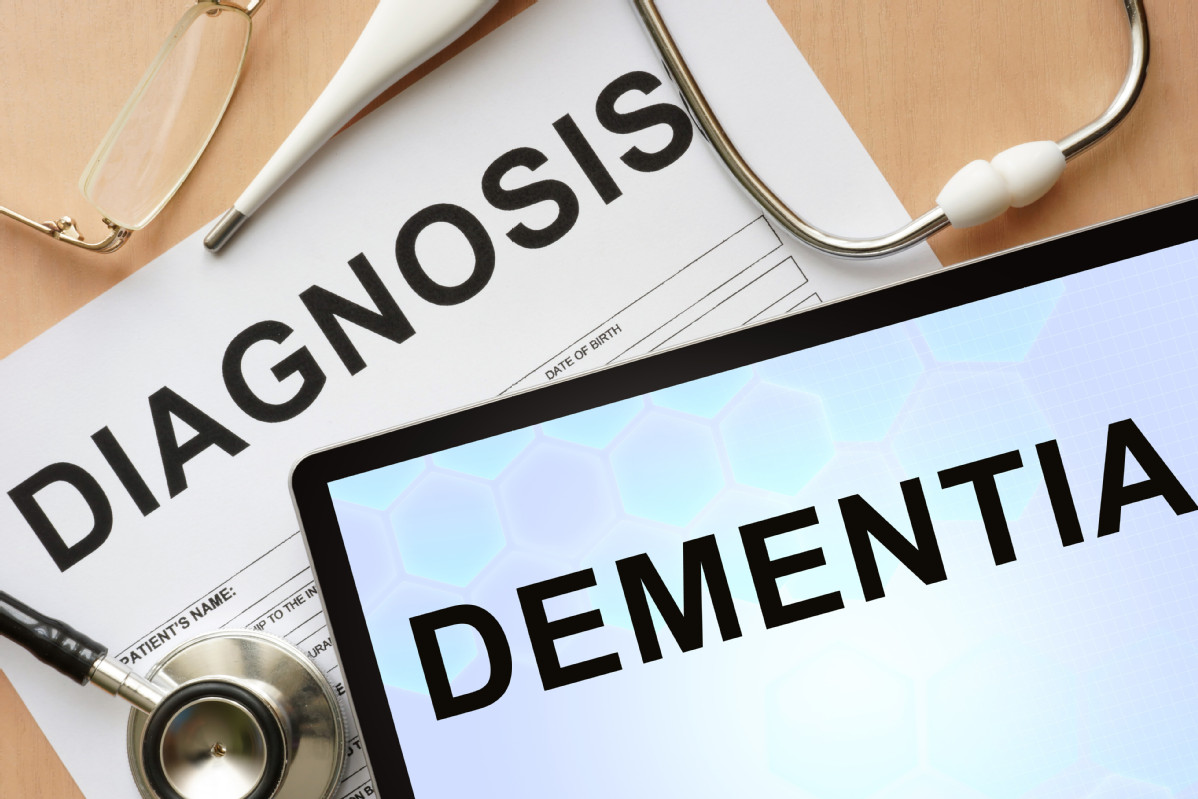Isolation heightens risk of dementia, study finds
By JULIAN SHEA in London | China Daily Global | Updated: 2022-06-10 09:35

Social isolation leads to a heightened risk of people developing dementia, new research from the UK Biobank, published in the journal Neurology, has revealed.
The study, carried out by researchers at the universities of Warwick and Cambridge in the United Kingdom, and Fudan University in China, used data from more than 30,000 participants. It suggests that it is the measurable fact of isolation and a lack of interaction with others, rather than feelings of loneliness, which is subjective, which is the decisive factor, meaning that studies of isolation could be used to assess the potential for someone developing dementia.
"There is a difference between social isolation, which is an objective state of low social connections, and loneliness, which is subjectively perceived social isolation," said Edmund Rolls, a neuroscientist from the University of Warwick Department of Computer Science.
"Both have risks to health but, using the extensive multi-modal data set from the UK Biobank, and working in a multidisciplinary way linking computational sciences and neuroscience, we have been able to show that it is social isolation, rather than the feeling of loneliness, which is an independent risk factor for later dementia.
"With the growing prevalence of social isolation and loneliness over the past decades, this has been a serious yet underappreciated public health problem."
The disruption of social networks and interaction caused by the pandemic, he added, could have a major impact on dementia assessment and treatment, particularly among older patients, making it all the more important to lessen isolation in that particular demographic.
The research said that there was a clear link between social isolation and the parts of the brain dealing with memory, which is one of the most well-known manifestations of dementia.
Speaking on the BBC Radio 4 Today program, Susan Kohlhaas, director of research at the charity Alzheimer's Research UK, said the longevity and depth of the study provided welcome clarity on the issue.
"Individuals who experience social isolation are around 26 percent more likely to develop dementia than those who are not socially isolated," she said.
The link between the two factors had been known about for a long time but not fully understood, she said, but the longevity of the study - over 12 years, starting with people at the age of 57 - has shed new light.
"They were 57 when it started, which is many years before symptoms of dementia appear, and we followed up for so long, that it suggests (social isolation) is a risk factor, rather than an early symptom," she continued.
The three most simple ways to ward off the threat of dementia, she added, were to "stay in contact, stay physically active, and stay sharp, learning new skills".
























